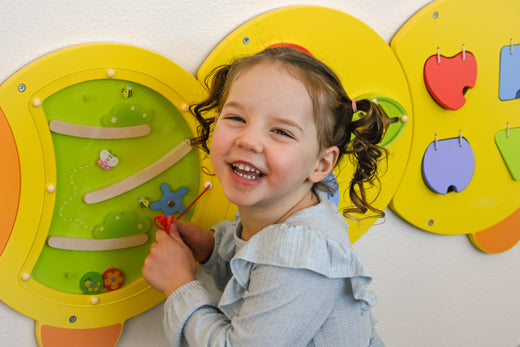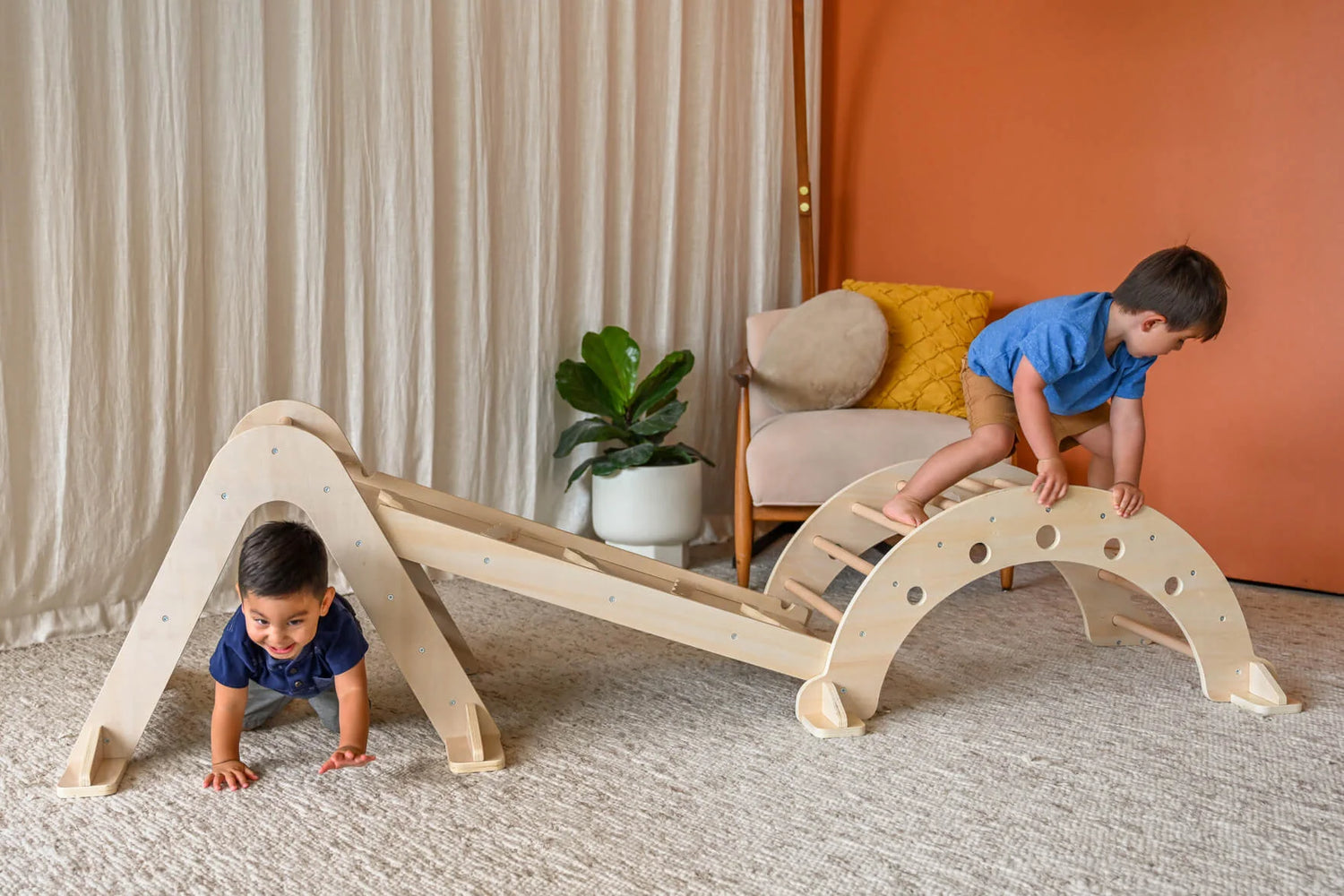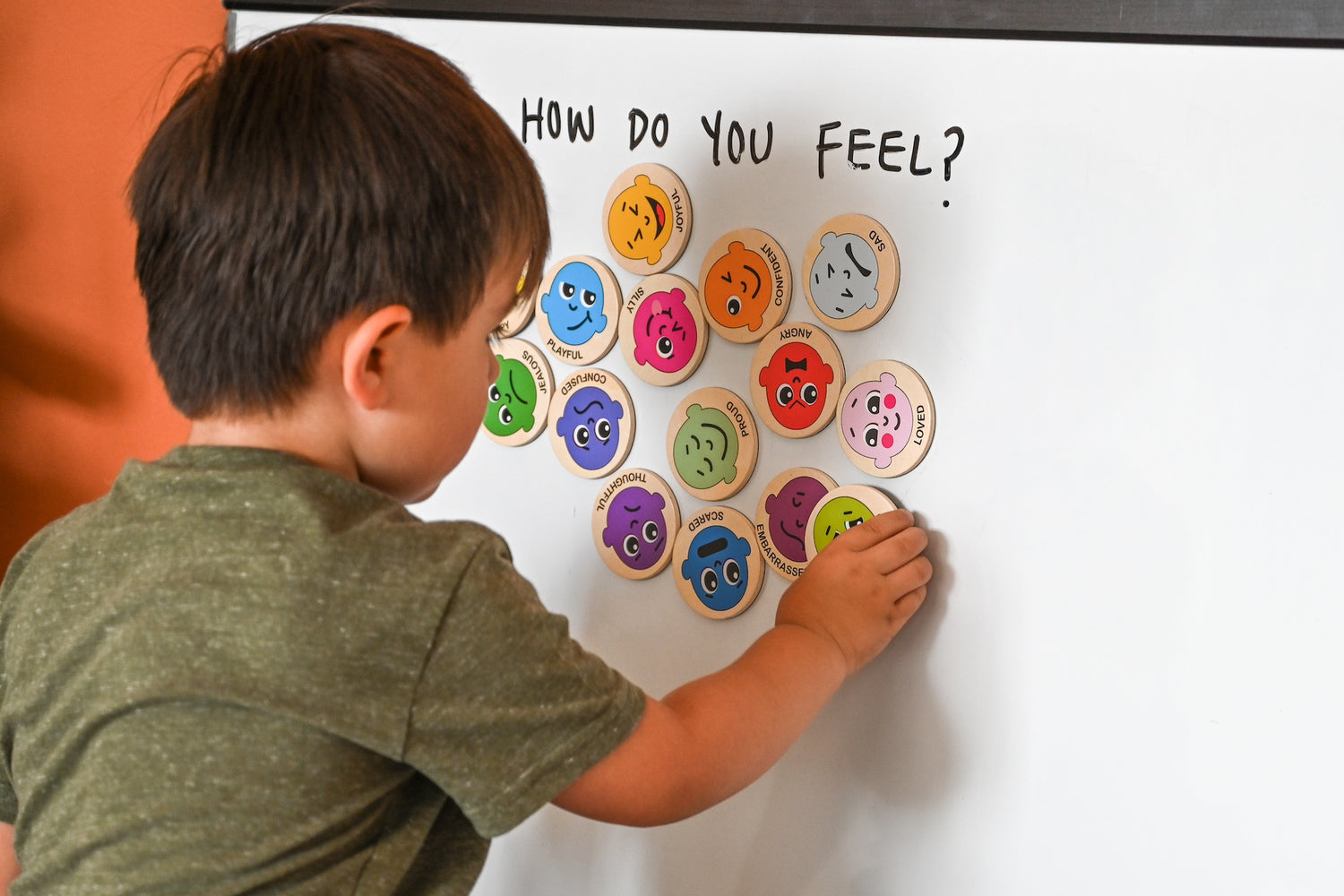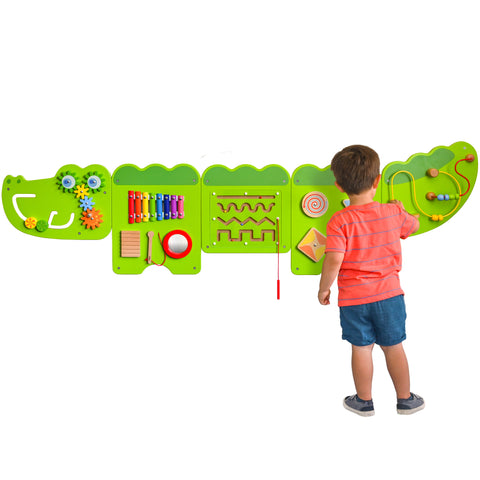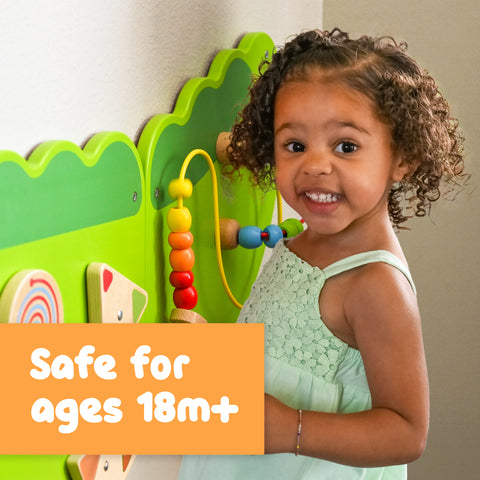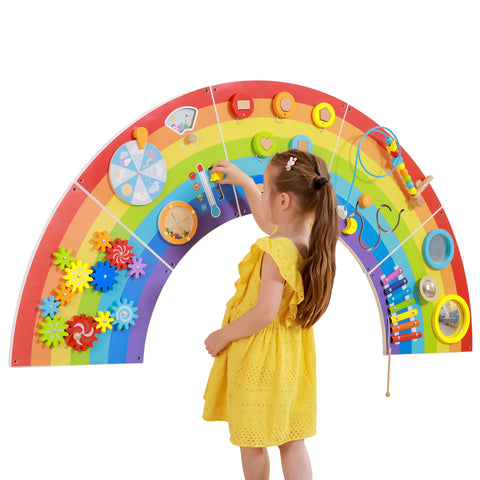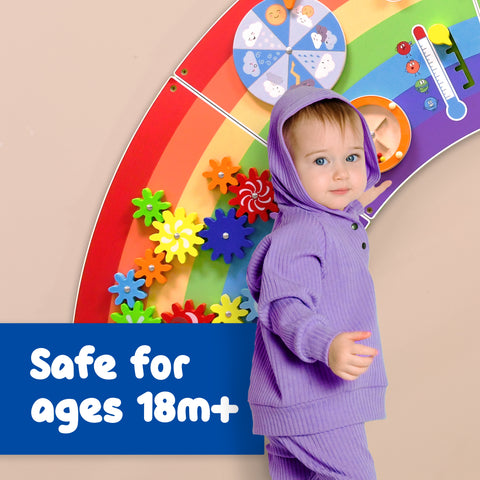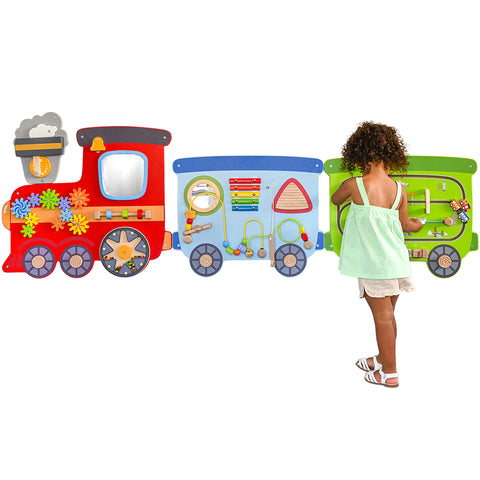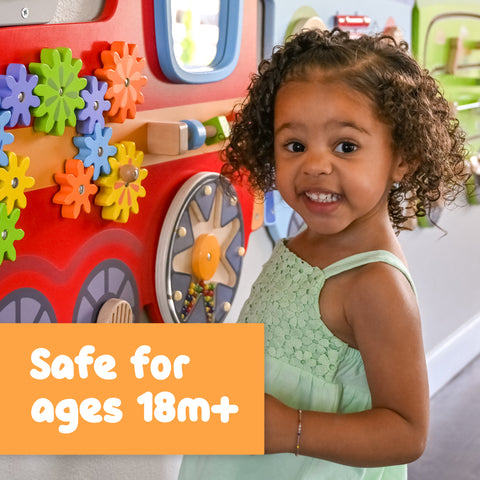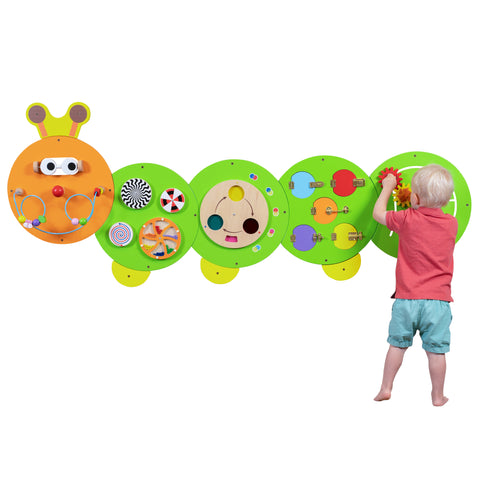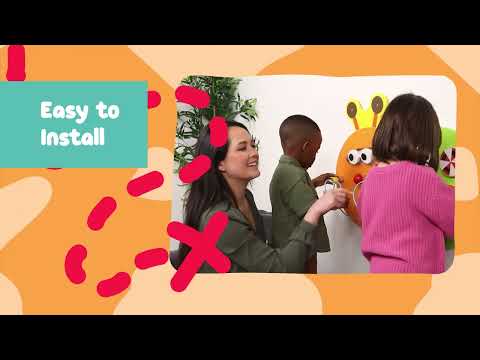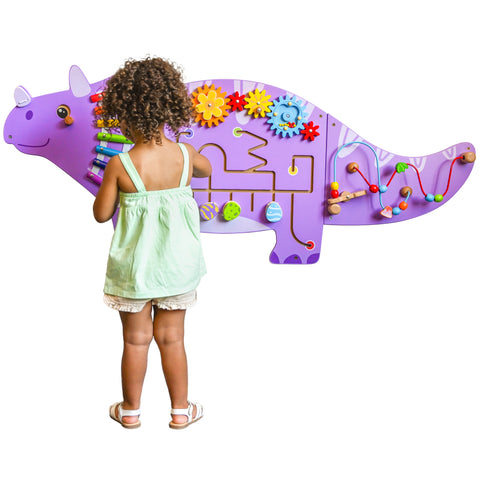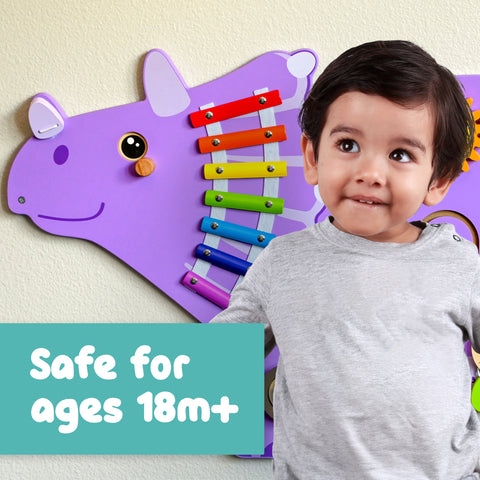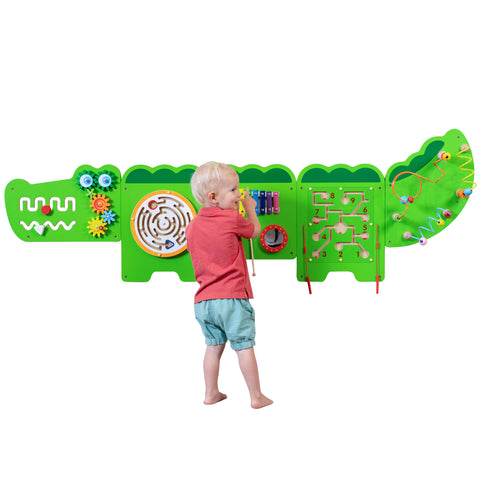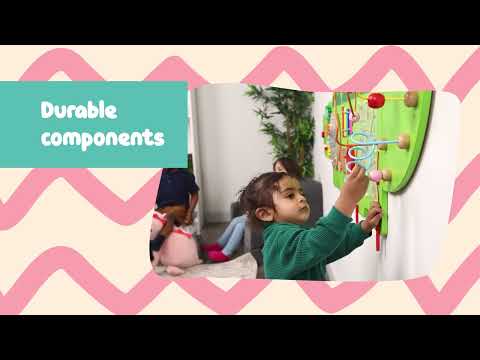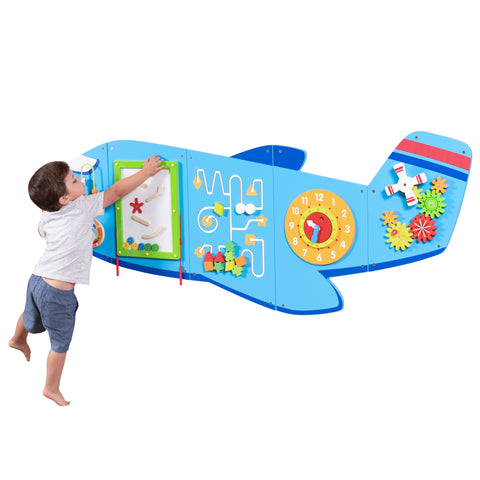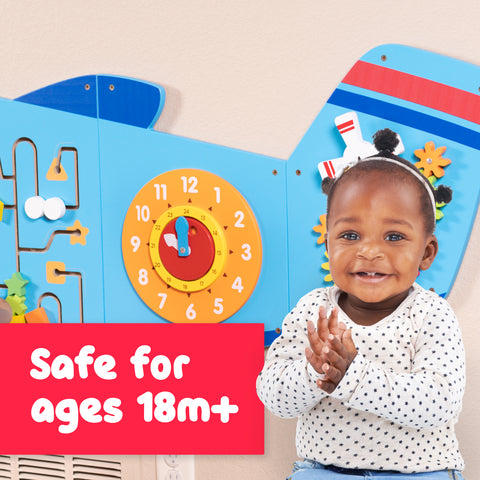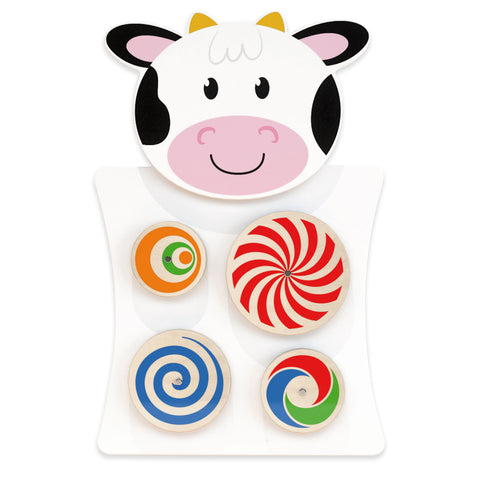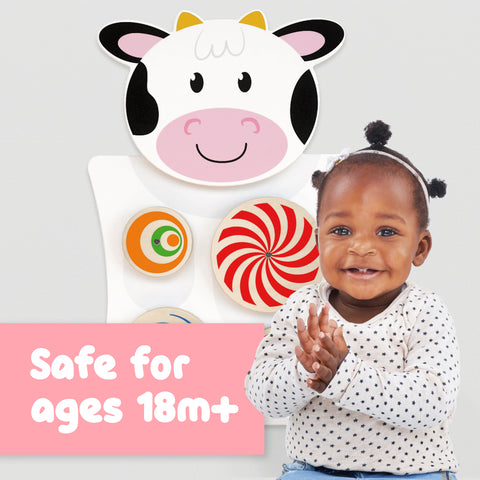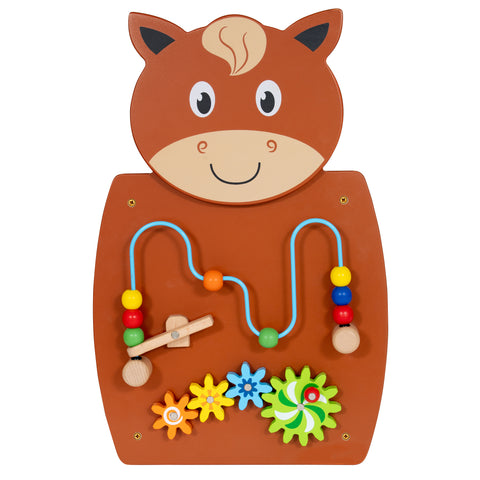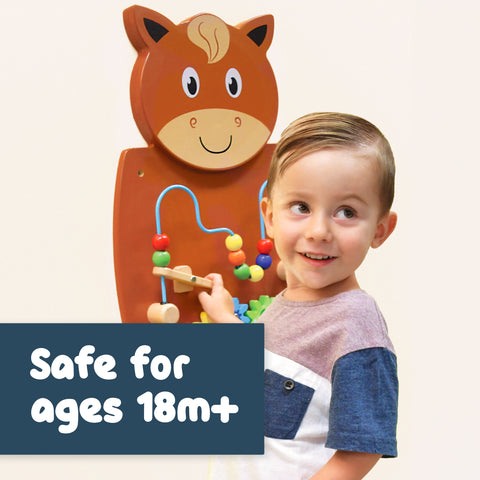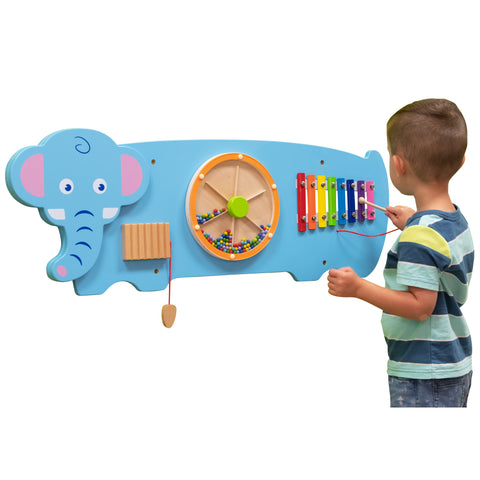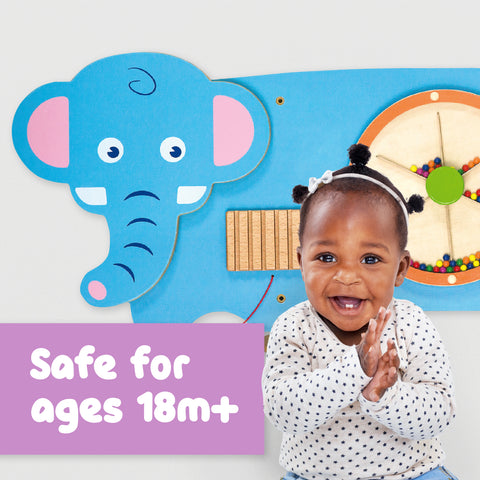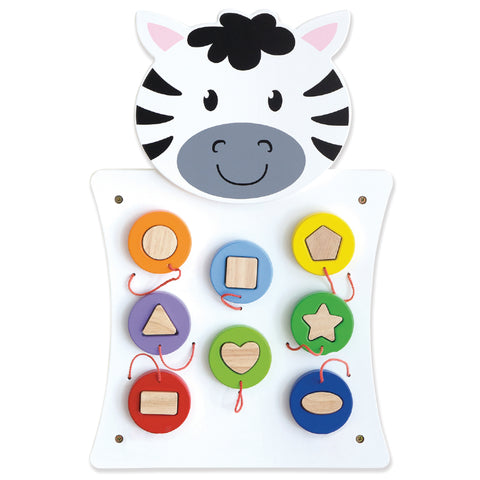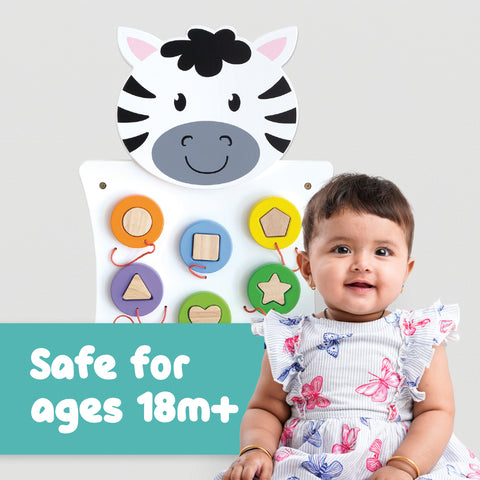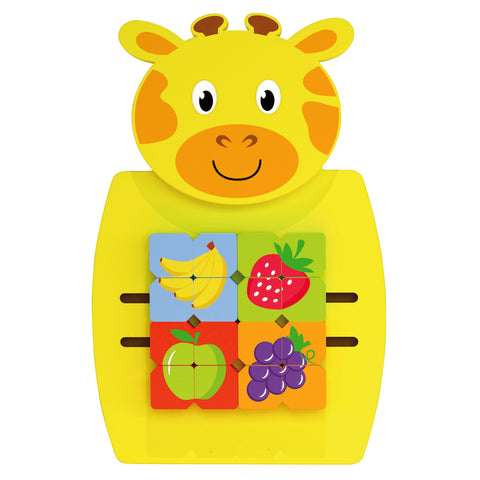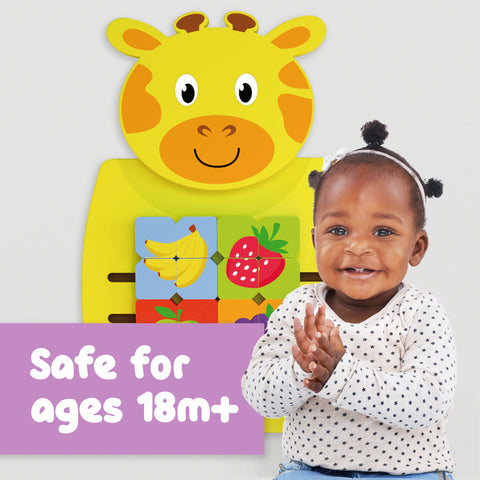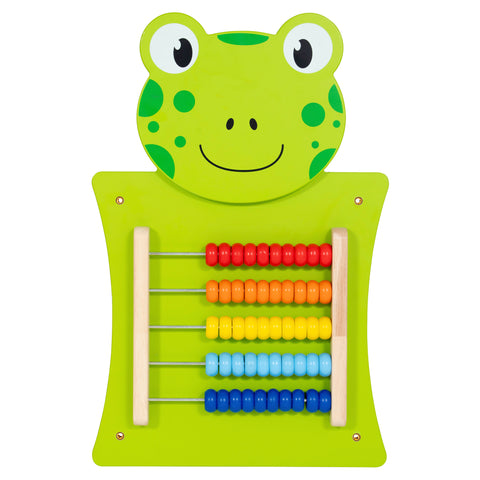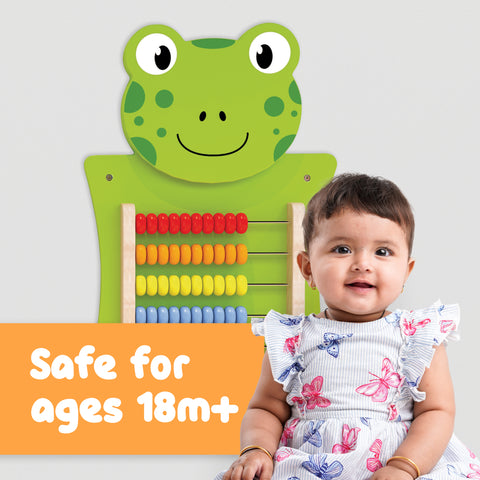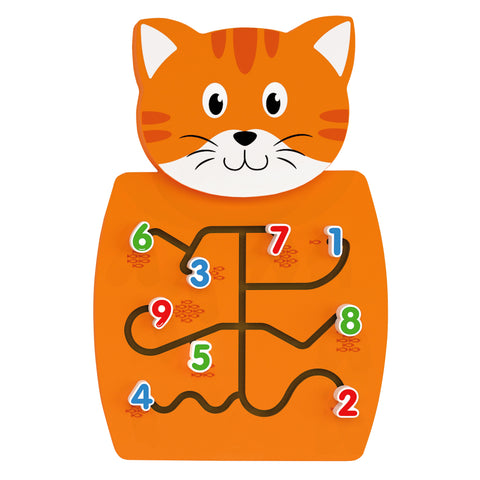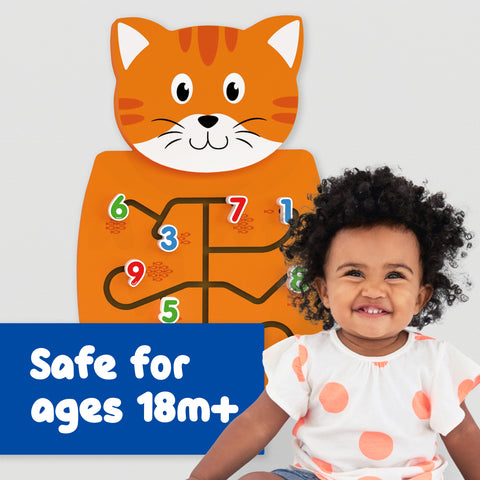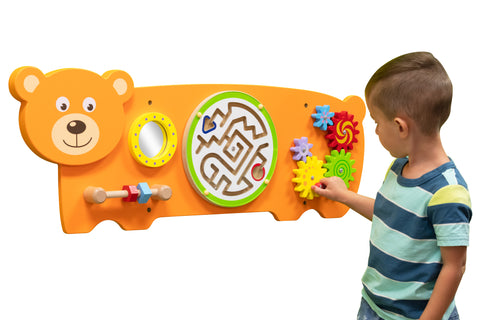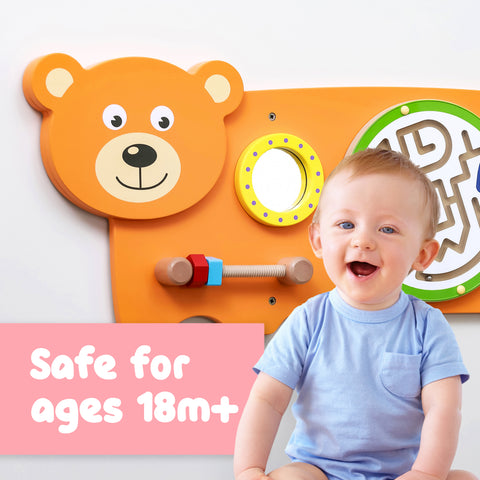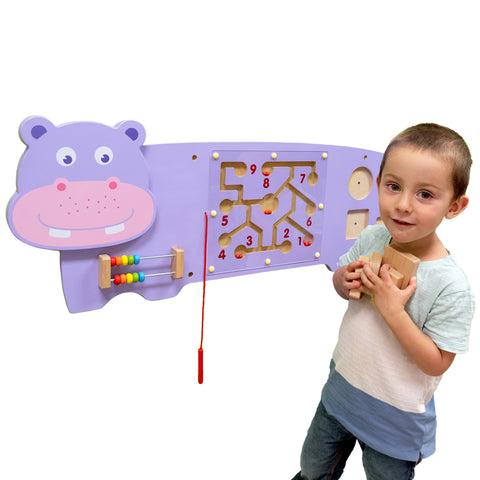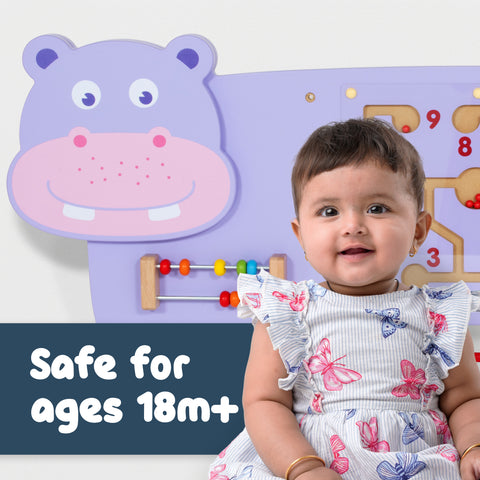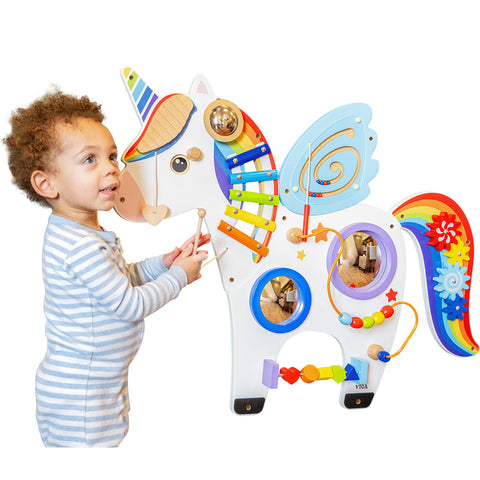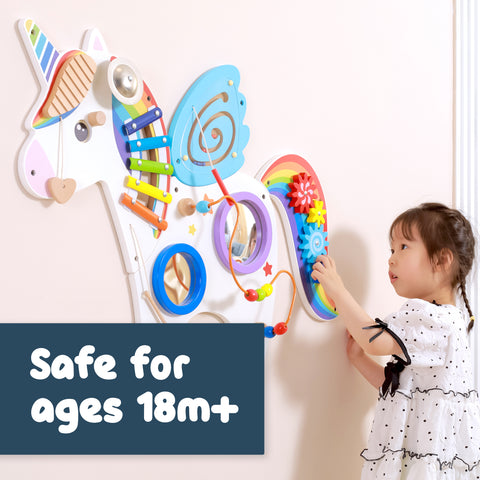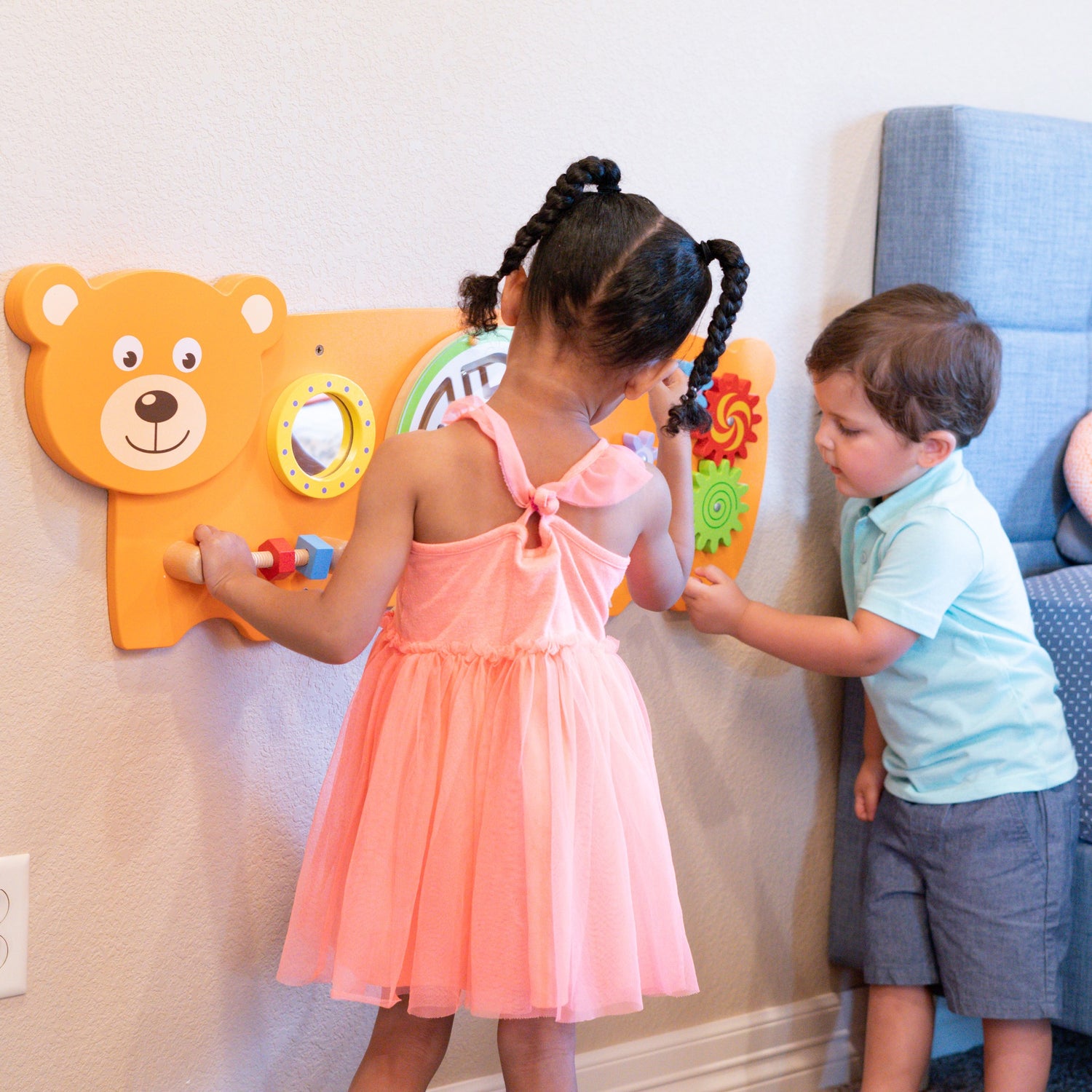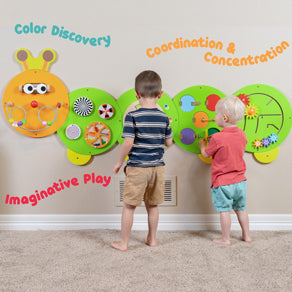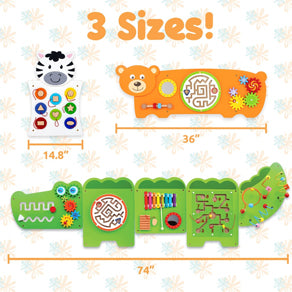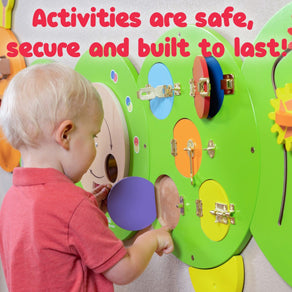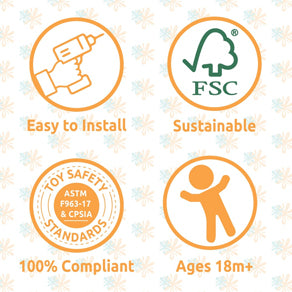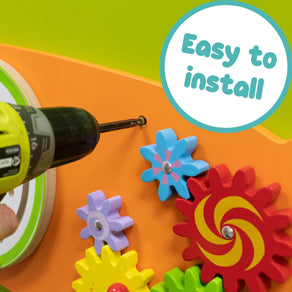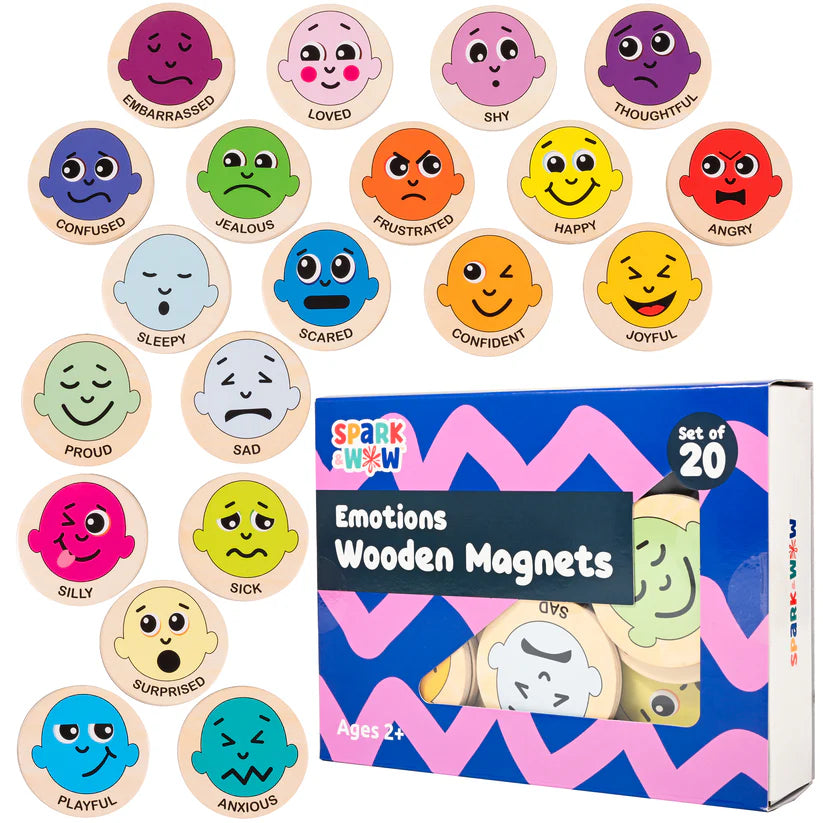
In childcare centers, sensory toys are not just for fun and entertainment—they are helpful resources that foster development, unleash creativity and bring joy to children as they learn and grow. While these toys turn educational activities into fun adventures, they are also essential for nurturing young minds.
Sensory toys are designed to stimulate the five senses: touch, smell, sight, hearing and taste. Think textures, rattles, mirrors, and play sets! High-quality, durable toys that can be easily cleaned and last for years in your play space. These toys encourage children to explore themselves and the world around them. There’s such a wide variety for all different ages and learning styles—making it easy to integrate sensory play into your childcare centers. Being an early childhood educator is no easy feat! Besides being a caretaker, you play such a valuable role in educating and shaping young minds.
Sensory play is a wonderful way for children to learn and grow. It stimulates neural pathways and encourages exploration. Sensory toys support a wide range of development processes. Through sensory play, little learners use their senses to promote cognitive, physical and social-emotional development.
What are the benefits of sensory toys for children?
Cognitive Development
Cognitive development is the process by which children learn to think and process information. Language, creativity, reasoning, decision-making and memory are all fundamental areas of cognitive growth. Sensory toys engage various neural pathways that activate these different developmental areas.
When children manipulate, observe and explore materials, they spark their sensory receptors. While youngsters stimulate their sensory receptors, they simultaneously enrich neural pathways—their ability to integrate sensory information. Sensory integration then allows children to process, organize and respond to the information provided by their senses.
Practice and repetition are essential! The brain strengthens its ability to process, organize and respond to sensory information each time a child engages in familiar activities. This leads to more efficient processing of similar sensory information in the future. Each encounter with a sensory toy is an opportunity to build essential cognitive skills. Encourage kids to explore and unleash their creativity. And help them develop lifelong skills like spatial thinking, problem solving, descriptive language and critical thinking.
Activities that will stimulate the noggin:
- Building blocks
- Manipulate and experiment with blocks
- Create structures, patterns and designs
- Develop spatial reasoning, critical thinking and problem-solving skills
- SPARK & WOW Activity Wall Panels
- Sensory wall toys that feature plenty of fascinating activities for youngsters to play with
- Practice coordination, descriptive language, shape recognition and spatial reasoning
Physical Development
Physical development refers to the advancements and refinements in children’s gross and fine motor skills. Most sensory toys require kiddos to use their hands, and sometimes even feet, to explore and manipulate. The progression of movement and physical development is critical for little ones. From the moment they are born, infants are learning how to grasp, crawl, walk, balance and more. Sensory toys can help develop these motor skills, including balance and coordination. These same physical skills are the ones that help them tie their shoes, brush their teeth, feed themselves and run laps around you.
Activities that will inspire physical milestones:
- Simon Says
- Move the correct body parts to replicate desired movements
- Improve body awareness, spatial awareness and coordination
- SPARK & WOW Crocodile Activity Walker
- Help little ones take their first steps
- Strengthen hand-eye coordination and fine motor skills through interactive activities
Social-Emotional Development
Social-emotional development encompasses a child’s ability to express their feelings, understand themselves and build relationships. This involves emotional regulation, self-awareness, social skills and empathy. Sensory toys help children integrate and respond to sensory stimuli like sounds, textures and social environments. Frequent sensory play encourages children to learn, recognize and manage their emotional responses. This is especially beneficial for little ones with sensory processing challenges.
Some sensory toys require little ones to share space or even the toy itself! When kids interact with sensory toys in groups or with peers, they build key social skills including collaboration, sharing, communication and cooperation. These same social skills aid in showing empathy for one another during play time. Help little ones develop methods for dealing with and expressing emotions. Consider adding these social-emotional sensory activities to your calming corners and self-regulation spaces.
Activities that help to guide emotions:
- Five-finger breathing
- A quick and easy breathing exercise
- Hold one hand out. With the other hand, trace each finger up as you breathe in and down as you breathe out.
- Promote calm, relaxation, focus and mindful movement
- SPARK & WOW Wooden Magnets – Emotions
- Learn about different emotions through play
- Open up discussions about empathy and feelings
How can children get the most out of sensory toys in my childcare center?
-
Have a diverse selection
Ensure a variety of sensory toys to cater to different interests and developmental stages. A well-rounded selection includes items from multiple sensory categories such as visual, auditory, tactile, and movement and balance.
-
Create an inclusive environment
Create an inclusive environment where all children, including those with sensory processing disorders, can feel comfortable. Consider providing options that are stimulating and others that are calming.
-
Structured and unstructured play
Balance structured activities with unstructured playtime. Guide learning and allow children to freely explore and use their imagination.
-
Ensure safety
Prioritize safety by choosing thoughtful, age-appropriate toys. Regularly inspect them for wear and tear. Ensure that all toys meet safety standards. And search for high-quality, durable toys to help eliminate the concern for potential risks of injury.
Final Thoughts
Sensory play engages the senses to encourage cognitive, physical and emotional development. Help nurture young minds while providing an outlet for entertainment, education, play and exploration. Have a diverse selection of toys, create an inclusive environment, balance structured and unstructured play and ensure the safety of all your kiddos. The more practice and experience we offer young learners, the more equipped they’ll be in the future.

